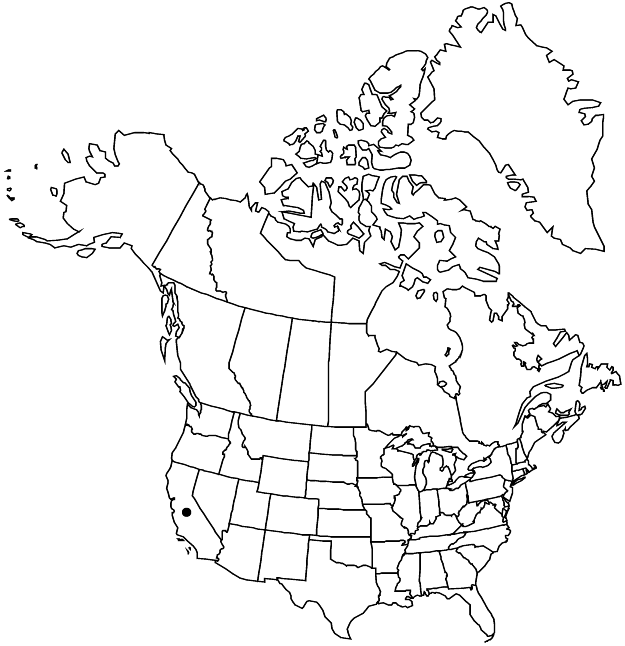Difference between revisions of "Eriogonum nudum var. scapigerum"
Fl. Calif. 1: 420. 1914.
FNA>Volume Importer |
imported>Volume Importer |
||
| (One intermediate revision by one other user not shown) | |||
| Line 8: | Line 8: | ||
}} | }} | ||
|common_names=Sierran crest wild buckwheat | |common_names=Sierran crest wild buckwheat | ||
| + | |special_status={{Treatment/ID/Special_status | ||
| + | |code=E | ||
| + | |label=Endemic | ||
| + | }} | ||
|basionyms={{Treatment/ID/Basionym | |basionyms={{Treatment/ID/Basionym | ||
|name=Eriogonum scapigerum | |name=Eriogonum scapigerum | ||
| Line 56: | Line 60: | ||
|publication title=Fl. Calif. | |publication title=Fl. Calif. | ||
|publication year=1914 | |publication year=1914 | ||
| − | |special status= | + | |special status=Endemic |
| − | |source xml=https:// | + | |source xml=https://bitbucket.org/aafc-mbb/fna-data-curation/src/2e0870ddd59836b60bcf96646a41e87ea5a5943a/coarse_grained_fna_xml/V5/V5_619.xml |
|subfamily=Polygonaceae subfam. Eriogonoideae | |subfamily=Polygonaceae subfam. Eriogonoideae | ||
|genus=Eriogonum | |genus=Eriogonum | ||
Latest revision as of 22:12, 5 November 2020
Plants 1–2 dm. Aerial flowering stems not fistulose, 1–1.8 dm, glabrous. Leaves basal; blade 1–2 × 0.3–0.8(–1) cm, tomentose abaxially, mostly glabrous adaxially, margins plane. Inflorescences capitate or nearly so, 2–5 × 2–5 cm; branches glabrous. Involucres 3–6 per cluster, 2–3 mm, glabrous or sparsely pubescent. Flowers 2–3 mm; perianth white, usually glabrous, rarely slightly pubescent.
Phenology: Flowering Jul–Sep.
Habitat: Granitic sandy flats, slopes, ridges, talus slopes, and alpine fell-fields, mountain meadow and high-elevation sagebrush communities, alpine conifer woodlands
Elevation: 2800-3800 m
Discussion
Variety scapigerum is the alpine expression of the species and occurs in the Sierra Nevada (Fresno, Inyo, Madera, Mariposa, Mono, Tulare, and Tuolumne counties). It is not always distinct from var. deductum. Reduction of both var. deductum and var. scapigerum into an already variable var. nudum could be justified, but limited garden studies suggest that the extremes are genetically fixed. Specimens from the southern Sierra Nevada tend to have slightly pubescent flowers, suggesting that these may be from populations of depauperate var. pauciflorum.
Selected References
None.
